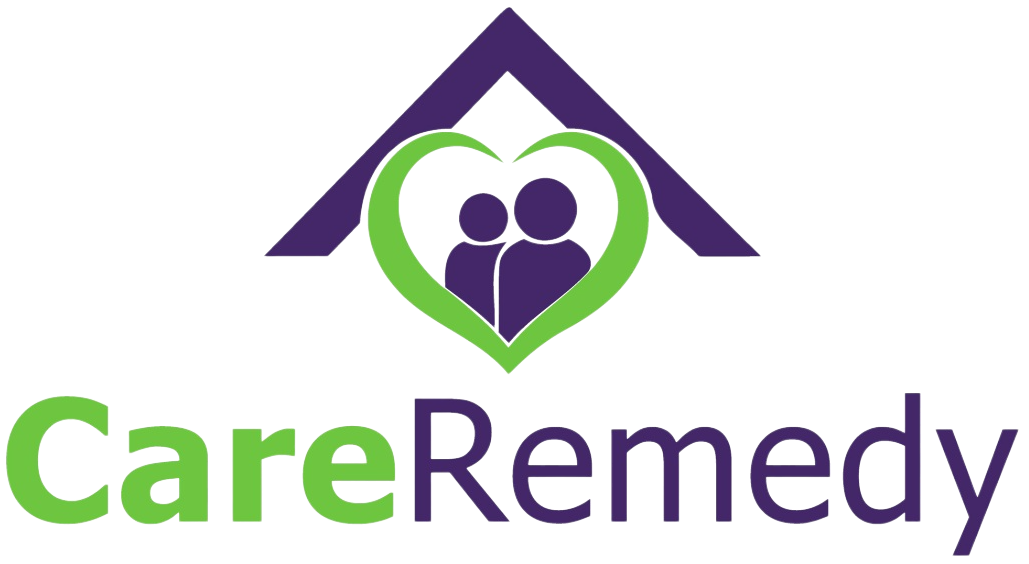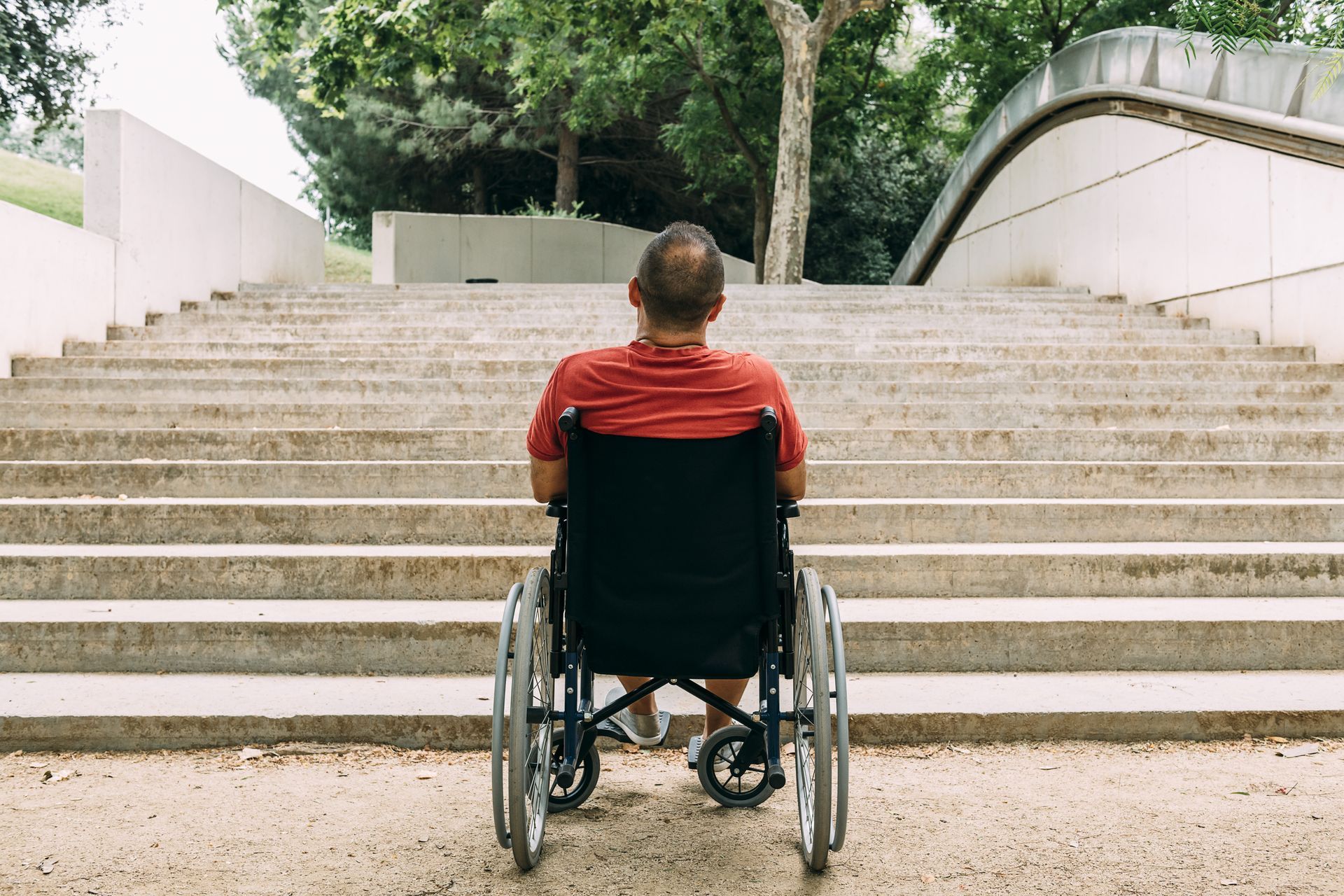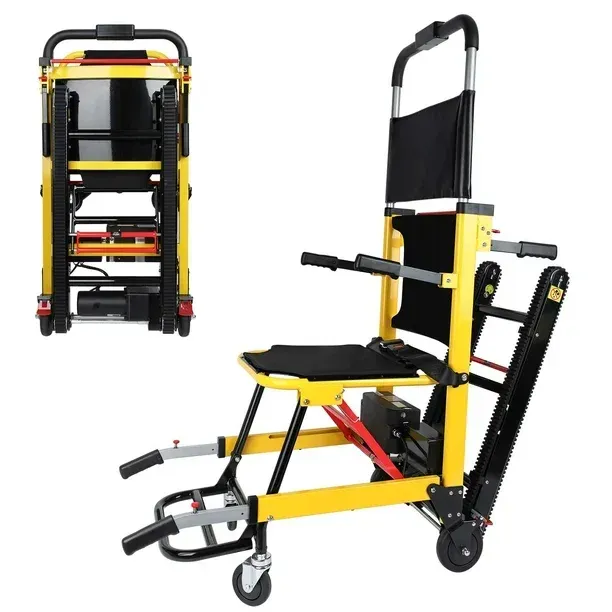How AI Will Revolutionize Senior Home Health Care
The future is arriving faster than we can imagine, and artificial intelligence (AI) is at the forefront of this revolution. When we consider the realms where AI can make the most profound impact, senior home health care stands out as a critical area. The fusion of technology and care has the potential to not only enhance the quality of life for our elderly population but also to streamline operations for caregivers and families alike. Here’s how AI is set to transform senior home health care.
Enhanced Monitoring and Early Detection
One of the most significant benefits AI brings to senior home health care is enhanced monitoring. AI-powered sensors and devices can continuously track vital signs and detect subtle changes in a patient's health status. For instance, AI algorithms can analyze patterns in heart rate, blood pressure, and activity levels, providing early warnings of potential health issues. This level of monitoring is far beyond human capability, enabling early interventions that can prevent hospitalizations and improve outcomes.
Personalized Care Plans
AI excels at processing vast amounts of data and identifying patterns that might not be evident to human eyes. By analyzing health records, medication schedules, and lifestyle factors, AI can help develop personalized care plans tailored to each individual’s needs. This ensures that every senior receives the right care at the right time, reducing the risk of complications and enhancing their overall well-being.
Assistance and Companionship
AI-driven robots and virtual assistants are becoming increasingly sophisticated. These companions can provide more than just reminders for medications or appointments; they can offer emotional support and engage in meaningful conversations. For many seniors, especially those who live alone, these AI companions can be a source of comfort and reduce feelings of isolation and loneliness.
Efficient Resource Allocation
AI can optimize the allocation of resources in senior care facilities. By predicting staffing needs and managing schedules, AI ensures that caregivers are available when and where they are needed the most. This not only improves the quality of care but also enhances job satisfaction for the caregivers by reducing burnout and ensuring a balanced workload.
Enhanced Safety and Security
AI technology can significantly improve safety for seniors living at home. From fall detection systems to smart home devices that monitor for hazards like fires or gas leaks, AI can create a safer living environment. Additionally, AI-powered surveillance systems can detect unusual behavior patterns, providing alerts that can prevent accidents and emergencies.
Integration with Telemedicine
Telemedicine has become an essential service, especially in the wake of the global pandemic. AI enhances telemedicine by providing doctors with real-time data and insights that can improve diagnostic accuracy and treatment plans. For seniors, this means access to quality medical care from the comfort of their homes, reducing the need for frequent and often stressful visits to healthcare facilities.
Data-Driven Decision Making
AI's ability to analyze large datasets enables data-driven decision-making in senior health care. By understanding trends and outcomes, healthcare providers can continually refine and improve care strategies. This leads to better health outcomes and more efficient use of resources, ultimately reducing costs for patients and healthcare systems.


